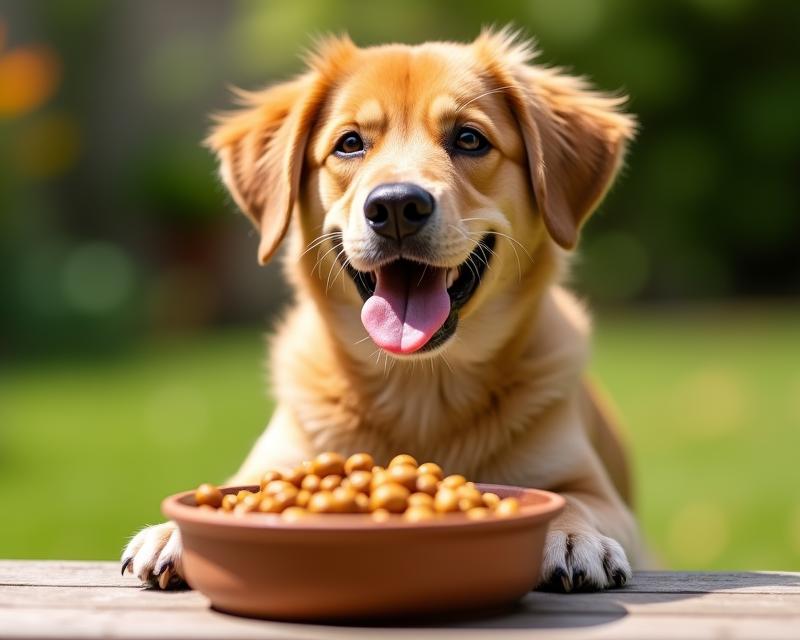Homemade Pet Food: A Nutritional Guide
Publish in Health el 28/06/2025 23:05
Homemade Pet Food: A Nutritional Guide
Many pet owners wonder what's truly best for their furry friends. While commercial pet food is convenient, crafting homemade meals can offer a fantastic way to ensure your pet receives optimal nutrition. However, it's crucial to do it *right*! Simply throwing together random ingredients isn't enough. This guide will walk you through the basics of creating balanced, healthy homemade diets for your beloved companions.

Why Consider Homemade?
Homemade food allows you to control exactly what goes into your pet's meals. You can avoid artificial colors, flavors, and preservatives often found in commercial options. It can also be beneficial for pets with allergies or sensitivities, as you can easily identify and eliminate problematic ingredients. Plus, seeing your pet thrive on food you prepared with love is incredibly rewarding!
Building a Balanced Diet
A complete and balanced homemade diet needs to include protein, carbohydrates, fats, vitamins, and minerals. The specific ratios vary depending on your pet's species, age, breed, and activity level. Here's a general breakdown:
- Protein: Essential for muscle development and repair. Good sources include lean meats (chicken, turkey, beef), fish, eggs, and lentils.
- Carbohydrates: Provide energy. Options include cooked brown rice, sweet potatoes, quinoa, and oats.
- Fats: Important for healthy skin and coat. Sources include fish oil, flaxseed oil, and small amounts of olive oil.
- Vitamins & Minerals: Often the trickiest part! A veterinary nutritionist can help you determine the appropriate supplements. Consider a pet-specific multivitamin.
Simple Recipe Example (for Dogs - consult a vet for your pet!)
This is a basic example and *should not replace professional veterinary advice*. Always consult your veterinarian before making significant changes to your pet's diet. This recipe is for a general adult dog. Adjust quantities based on your dog's size and activity level.
- 1 cup cooked lean ground turkey or chicken
- 1/2 cup cooked brown rice
- 1/4 cup cooked sweet potato
- 1 tablespoon fish oil
- 1/4 teaspoon pet-specific multivitamin
Mix all ingredients thoroughly. Feed 2-3 times per day, adjusting portion sizes based on your dog's needs. Remember to always provide fresh water!
Important Considerations
Transitioning to a homemade diet should be done gradually over 7-10 days to avoid digestive upset. Monitor your pet's weight and overall health closely. Regular veterinary checkups are essential to ensure your pet is thriving on their new diet. And, most importantly, consult with a veterinarian or a board-certified veterinary nutritionist to create a diet that perfectly meets your pet's individual needs. They can help you calculate precise nutrient requirements and ensure a healthy, balanced meal plan.





